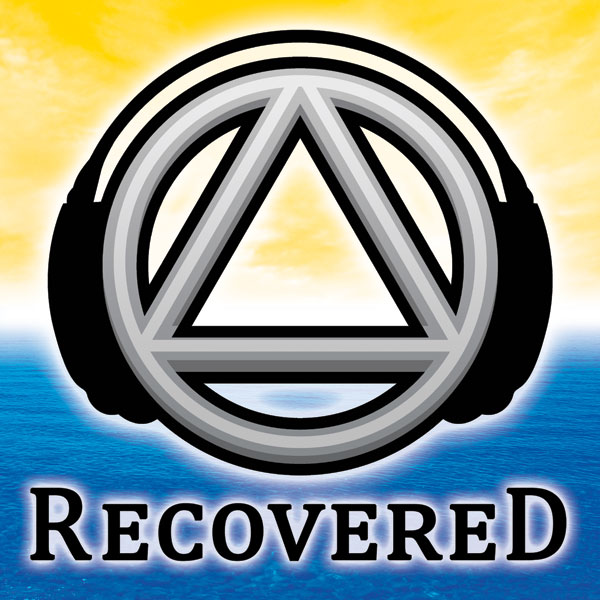Call In and Contribute to the Show
https://recoveredcast.com/wp-content/themes/osmosis/images/empty/thumbnail.jpg 150 150 Mark S Mark S https://secure.gravatar.com/avatar/ef9469e066cec98d7076ffb23120cf87?s=96&d=mm&r=gTradition 2. For our group purpose there is but one ultimate authority – a loving God as He may express Himself in our group conscience. Our leaders are but trusted servants; they do not govern




